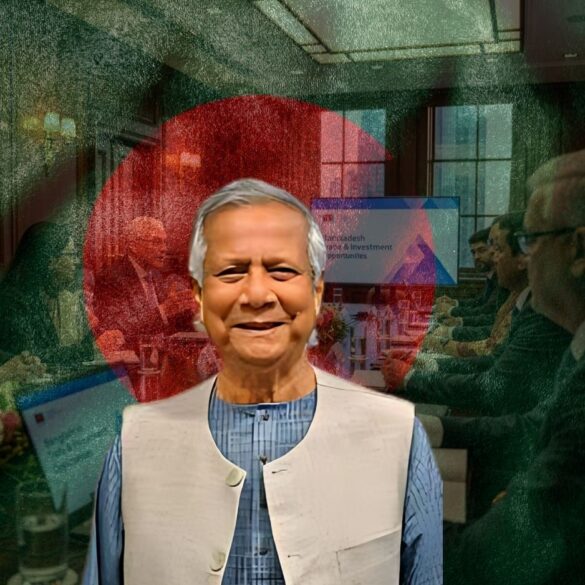Chief Adviser Professor Muhammad Yunus welcomed Assistant United States Trade Representative Brendan Lynch for talks that kickstarted a fresh push to deepen trade and investment ties between Bangladesh and the United States. The meeting focused on making trade fairer and easier, with both sides discussing ways to lower barriers, expand imports and open new markets that can help factories, farmers and small businesses. Officials noted a recent decision to reduce a reciprocal tariff rate on Bangladeshi goods to twenty percent and said this change can help exporters plan and grow by making prices more predictable abroad. They spoke about bringing more US farm goods like cotton and soybeans into local markets, and about energy links such as LPG supplies that can keep homes and businesses working well. Other topics included buying civil aircraft to improve travel and trade links, working together on drug control measures to keep communities safe, and coordinating help for people affected by humanitarian crises. Professor Yunus said the goal is to widen trade and invite more investment and concessional lending for areas like health and education, where funds can support services that help many people. The visitors praised the hard work of local negotiators and urged quick follow up so promises turn into real projects that create jobs and raise incomes in towns. Both sides also discussed labour measures and plans to uphold fair work standards so products made for export meet buyer rules and workers enjoy safer jobs with fair pay. Leaders agreed to keep talking and to set up groups to work on trade, investment and technical help so early wins can be scaled up. Proposals include sharing training, technology and testing services so small factories and farms can meet foreign buyers’ standards and win new contracts. This practical approach aims to help exporters move goods more quickly, lower red tape, and make customs and shipping smoother so sellers get paid faster and buyers get better service. Officials said they would try to sign a draft trade agreement soon and to ensure steps happen. The meeting showed a positive, cooperative spirit and a shared interest in steady, practical action that helps ordinary people by opening markets, strengthening supply chains and bringing new skills to the workforce. By linking trade talks to concrete support — such as importing needed inputs, easing export rules, and arranging training and credit — the plan could give businesses the confidence to invest at home and hire more people and help local traders. Citizens and firms are encouraged to watch for follow up steps and use official channels for updates, while both governments work to turn these talks into projects that bring jobs, investments and better services across the country.
Bangladesh Strengthens US Trade, Seeking Investment for Growth After Tariff Cuts
41


